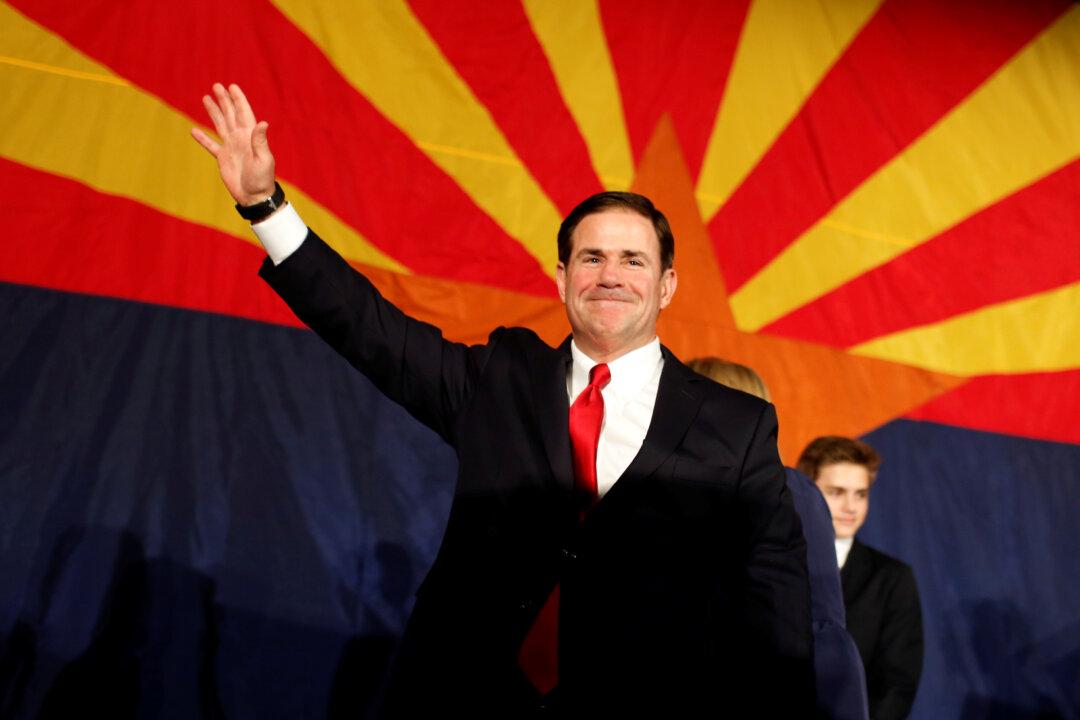The Supreme Court of Arizona found 5–2 on Aug. 19 that a referendum backed by organized labor aimed at blocking a planned $2 billion per year state-level income tax cut violated the state constitution.
On April 21, the court overturned a lower court ruling allowing the referendum to move forward but hadn’t explained the reasoning behind its decision until now.





